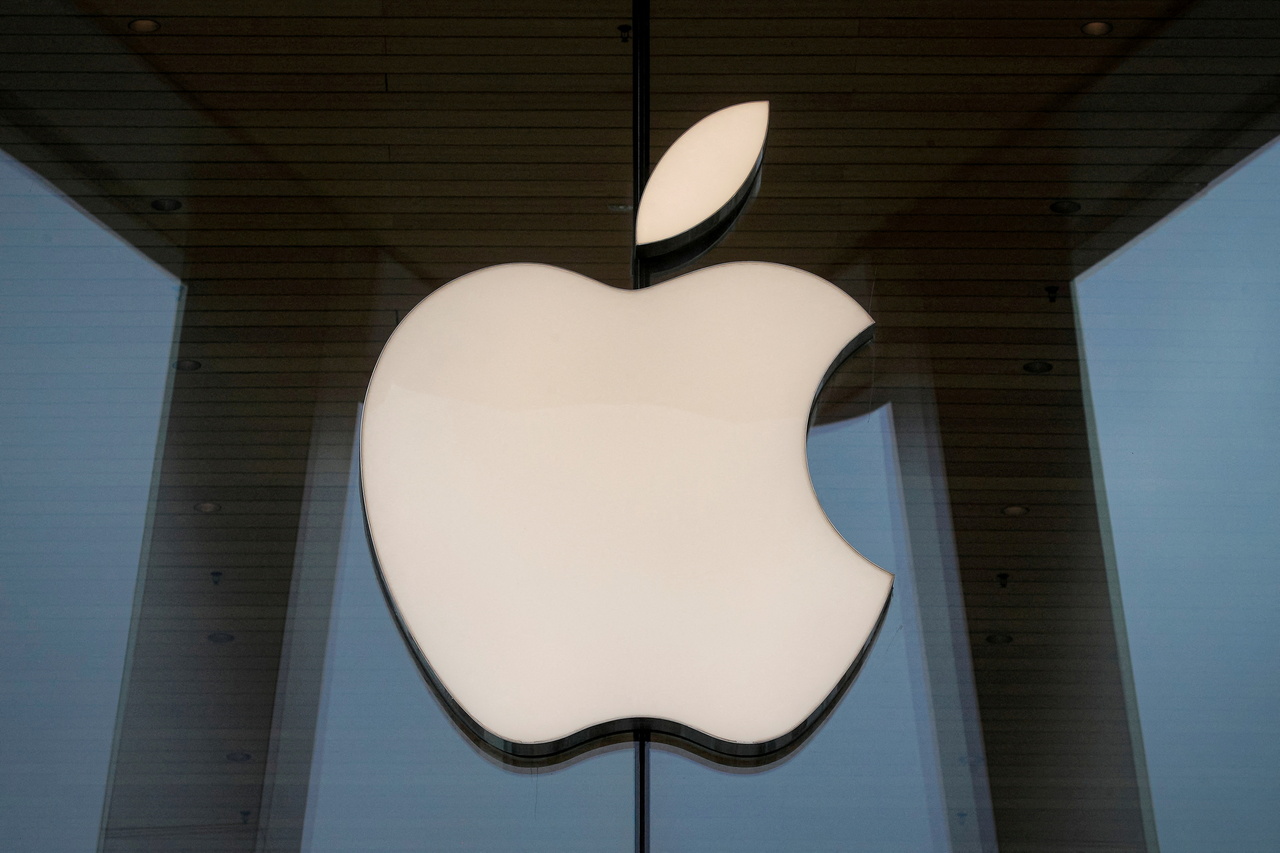Apple weighs more memory chip suppliers, including potential first from China: Sources
Sign up now: Get ST's newsletters delivered to your inbox

Apple remains keen to diversify its network and offset the risk of further disruption.
PHOTO: REUTERS
Follow topic:
BEIJING (BLOOMBERG) - Apple is exploring new sources of the memory chips that go into iPhones, including potentially its first Chinese provider, after a production disruption at a key Japanese partner exposed the risks to its global supply.
It is considering expanding a roster of suppliers that already includes Micron Technology and Samsung Electronics after Kioxia Holdings lost a batch of output to contamination in February, people familiar with the matter said.
While Samsung and SK Hynix - the world's largest makers of flash memory - are likely to pick up the slack, Apple remains keen to diversify its network and offset the risk of further disruption from the pandemic and shipping snarls, they said.
The iPhone maker is now testing sample Nand flash memory chips made by Hubei-based Yangtze Memory Technologies, the people said, asking not to be identified discussing private deliberations. Apple has been discussing the tie-up with Yangtze, owned by Beijing-backed chipmaking champion Tsinghua Unigroup, for months, although no final decisions have been made.
A contract for Yangtze and its well-connected parent would be a milestone for China's ambitions to build a world-class domestic chip industry that can compete with the United States. For semiconductor players aspiring to build a business on a national scale, memory is typically a gateway because production capabilities count more than the intricate designs needed for advanced processors and other logic chips - though it requires enormous investment to sustain.
But tying up with Yangtze could open Apple to criticism back home given ties between Washington and Beijing are fraying over China's ambiguous stance on the Ukraine war as well as American efforts to contain its technological ascent. US lawmakers have long railed against the way Beijing champions and subsidises local industry.
Created though a merger with a government-run chip factory in 2016, Yangtze Memory is regarded as China's best shot at designing and developing home-grown 3D Nand flash memory, widely used for storing data in smartphones, laptops, servers and future gadgets such as in electric vehicles. Beijing regards the crucial component as one of the bottlenecks that could endanger its economy, because of a heavy reliance on imports.
The testing and discussions are no guarantee that Yangtze chips will ultimately ship. It is unclear if the Chinese firm can convince Apple of its dependability, the people said. Yangtze Memory technology is at least one generation behind and could at best be a backup choice to Apple's main suppliers like Korea's Hynix and Samsung, they said.
Even if Apple qualifies Yangtze's components, it will need to gauge its reliability in terms of yields and quality. It took years for BOE Technology Group, another prominent Chinese Apple supplier, to reach high-volume production of iPhone displays.
Yet because memory chips are largely commoditised, Apple could conceivably decide to use Yangtze's product in lower-end devices such as the iPhone SE, the people said. Representatives for Yangtze Memory and Apple declined to comment.
Component shortages and Covid-19-triggered logistics issues have plagued the world's biggest consumer electronics brands for the past two years, prompting a rethink of supply chains that once relied on just-in-time inventory and global networks.
Apple's iPhones are put together primarily in China by Foxconn Technology Group and Pegatron, which take components like memory chips from scores of different providers before assembling them into the final device. Yangtze Memory could offer an attractive source of cheaper chips close to their plants, while potentially winning points with the government in the world's largest smartphone market.

